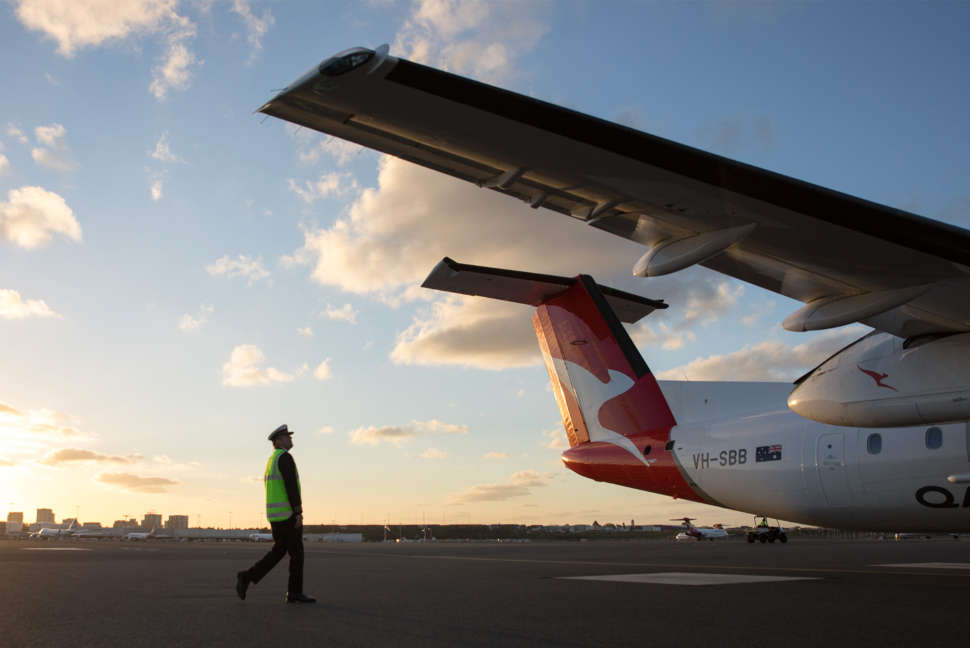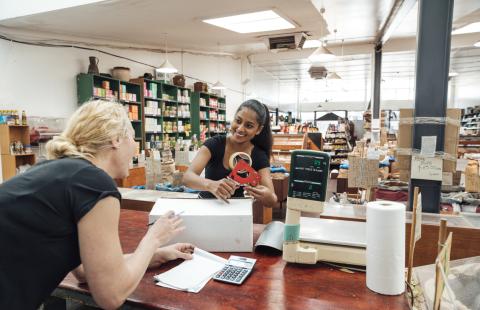Since 2017, hundreds of thousands of Rohingya people have fled into Bangladesh – more than half are women and girls. These refugee women and girls are highly vulnerable to rape, conflict-related sexual violence, IPV, sex trafficking and sexual exploitation. In Bangladesh, WHO is working with partners, community-based leadership networks, and the Health Cluster to set standards for survivor care and build capacity across the country so health workers and health systems can meet those standards.
Interagency health sector coordination
When emergencies occur, coordination is necessary to prevent gaps and avoid overlaps in the response to needs. In Cox’s Bazar in Bangladesh, an approach is taken in which groups of UN and non-UN humanitarian organizations work together in the main sectors of humanitarian action, with clear responsibilities for coordination of service provision. The Health Sector, led by WHO, coordinates the heath emergency response and It has integrated GBV into its strategic planning to ensure that adequate coverage and quality of GBV-related health services is achieved. One major component of this work is to develop shared targets, indicators, and monitoring tools to ensure that health service providers are aligning their efforts across the entire relief effort.
Gender based violence: health service monitoring and quality assurance
WHO has adapted an assessment tool to measure health facility preparedness to deliver GBV-related services in emergency settings and uses this to routinely monitor quality of care among health providers in Cox’s Bazar. Based on the findings, context-specific capacity building and action plans are developed to ensure that service quality improvements are uniformly implemented and monitored across the health response.







